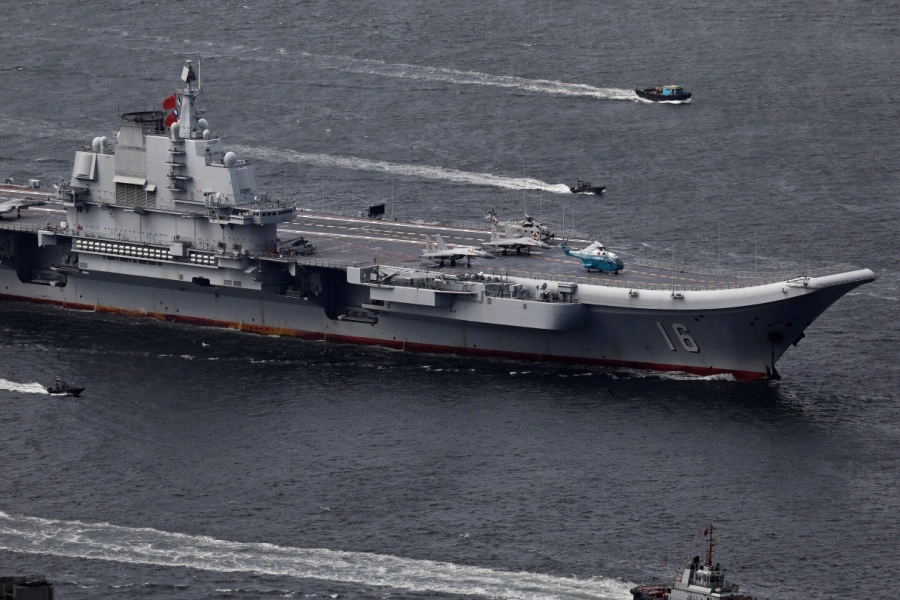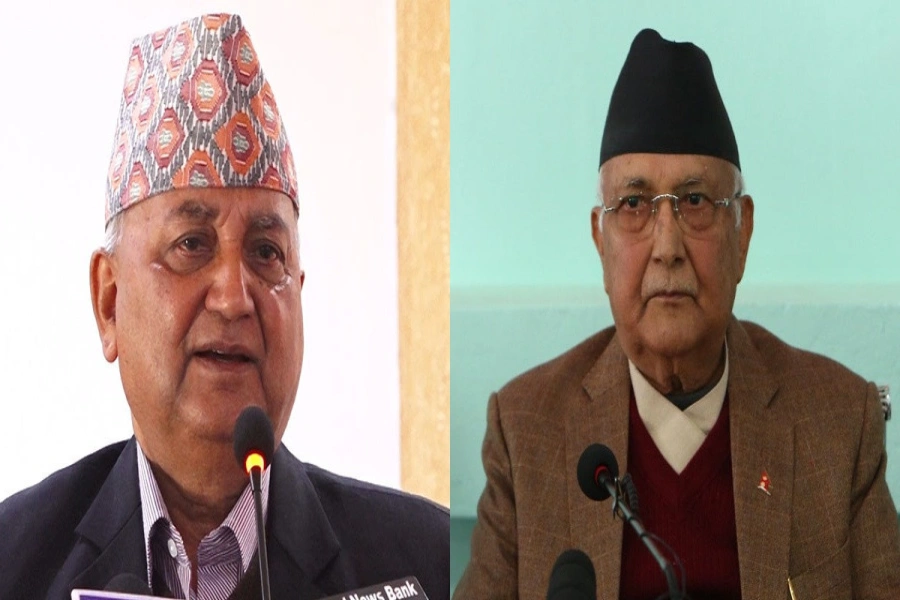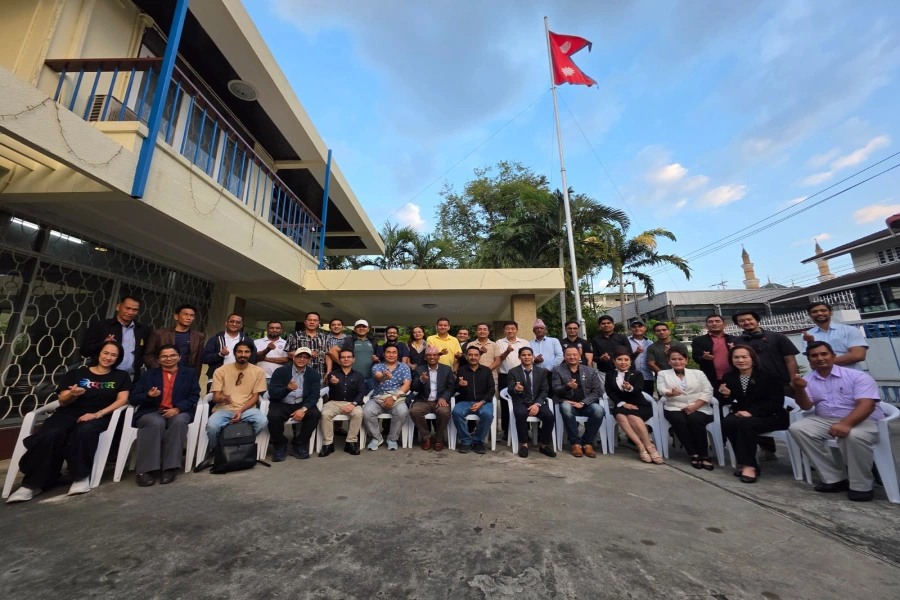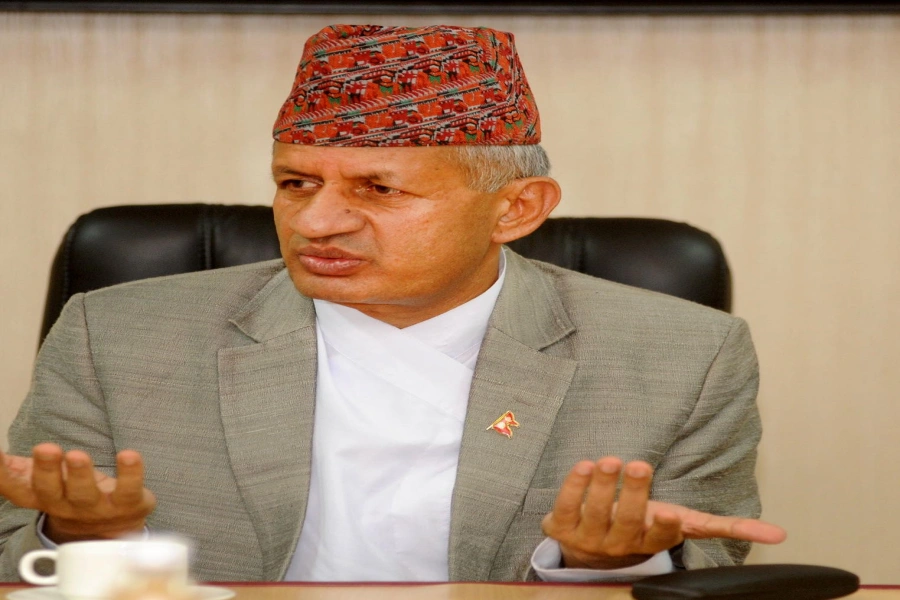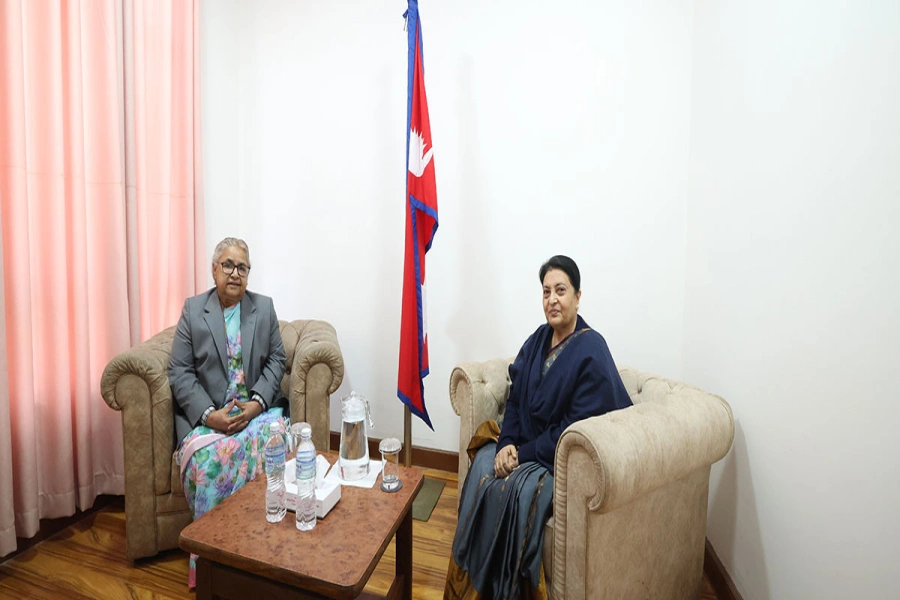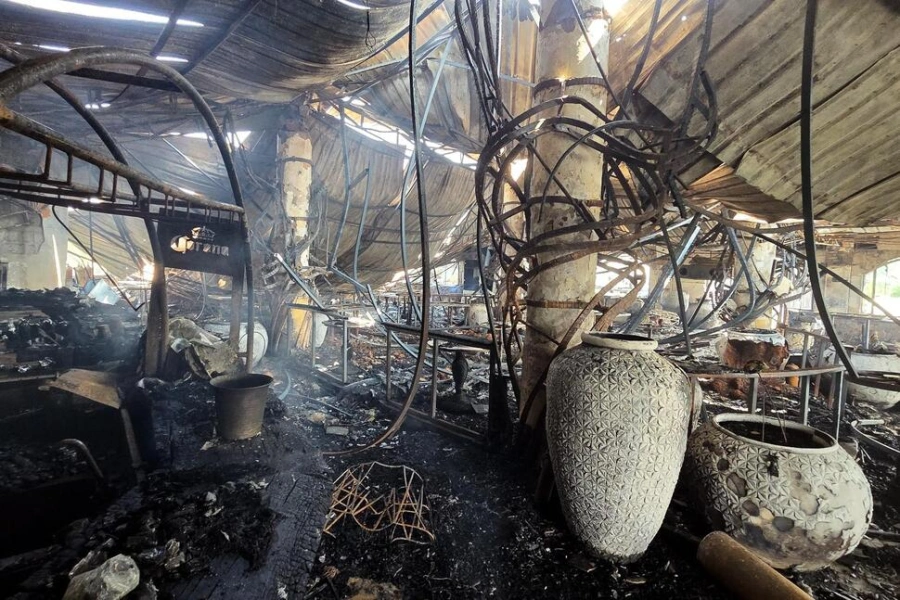KATHMANDU, March 1: To prevent the shortage of chemical fertilizers, the government has decided to purchase chemical fertilizers from India. The government has paved the way for importing manure by signing a G to G (Government of Nepal and Government of India) deal as it would be too late to provide fertilizers to the farmers through a global tender.
After India agreed to supply about 1 million metric tons of chemical fertilizer for five years, government officials of the two countries signed a memorandum of understanding on Monday. The memorandum was signed by Govinda Prasad Sharma, Secretary, Ministry of Agriculture and Livestock Development on behalf of the Government of Nepal and Rajesh Kumar Chaturvedi, Secretary, Ministry of Chemicals and Fertilizers on behalf of the Government of India. A memorandum of understanding was exchanged between the two sides through virtual media in the presence of Agriculture and Livestock Development Minister Mahendra Raya Yadav and Indian Ambassador to Nepal, Vinay Mohan Kwatra.
Govt holds stock of over 98,000 metric tons of chemical fertili...

According to Secretary Sharma, the agreement will help to solve the recurring problem of fertilizer shortage in Nepal to some extent. "A joint steering committee has been formed on behalf of both the countries," he said. Secretary at the Indian Ministry of Chemicals and Fertilizers, Chaturvedi said the agreement reached between the two sides would help Nepal's economy and food security by advancing agricultural cooperation. Similarly, Secretary Chaturvedi said the agreement reached between the two sides would help Nepal's economy and food security by advancing agricultural cooperation.
Likewise, India will provide 935,000 metric tonnes of urea and DAP fertilizer in five years, according to Prakash Kumar Sanjel, spokesperson for the Ministry of Agriculture and Livestock Development. "It has been agreed to provide 565,000 tons of urea and 370,000 tons of DAP fertilizers," he said. India has agreed to provide 150,000 metric tons of chemical fertilizers in the current fiscal year, 170,000 tons in FY 2022/23, 195,000 tons in 2023/24, 210,000 in 2024/25 and 210,000 in 2025/26.
Meanwhile, of the fertilizers purchased, 60 percent is urea and 40 percent is DAP and the quota has already been fixed for five years.



